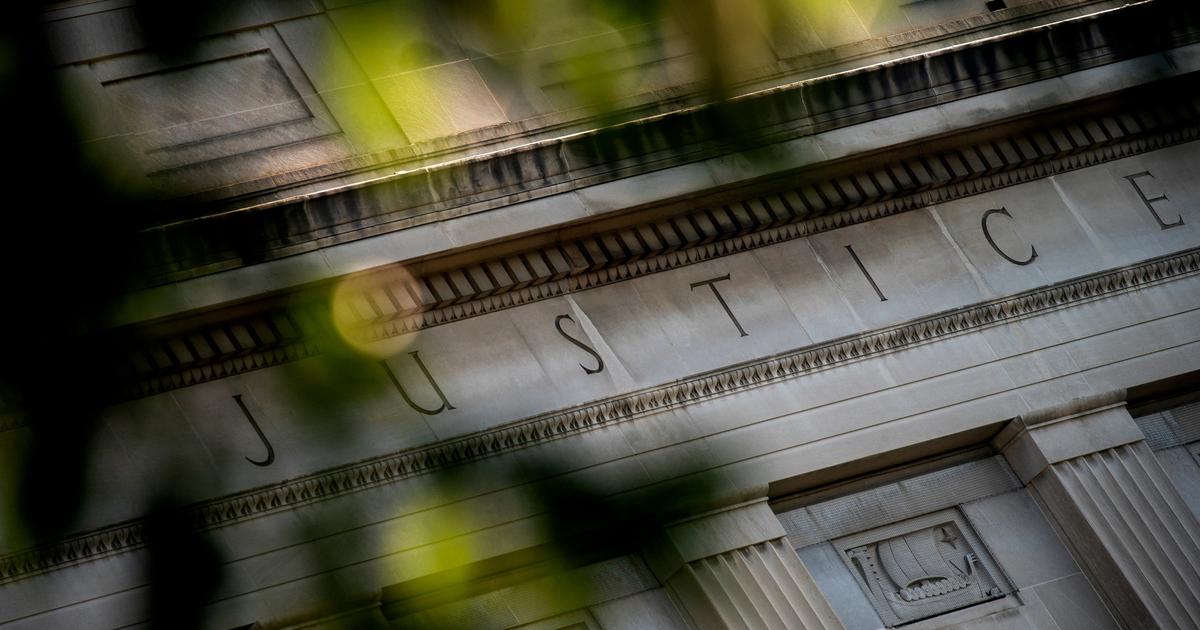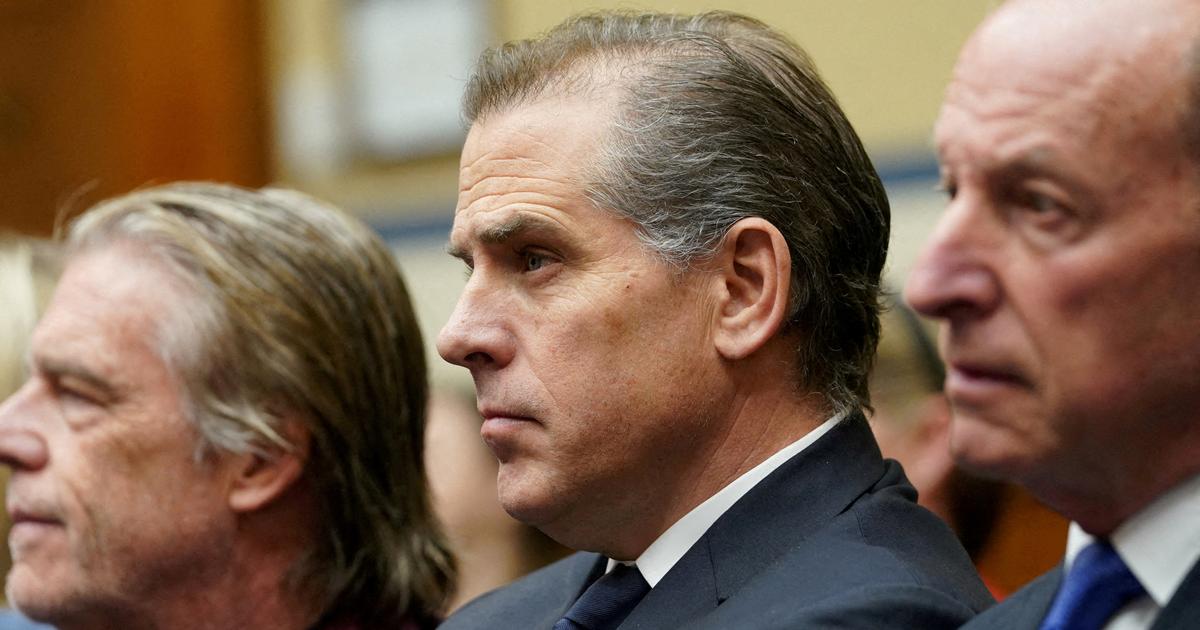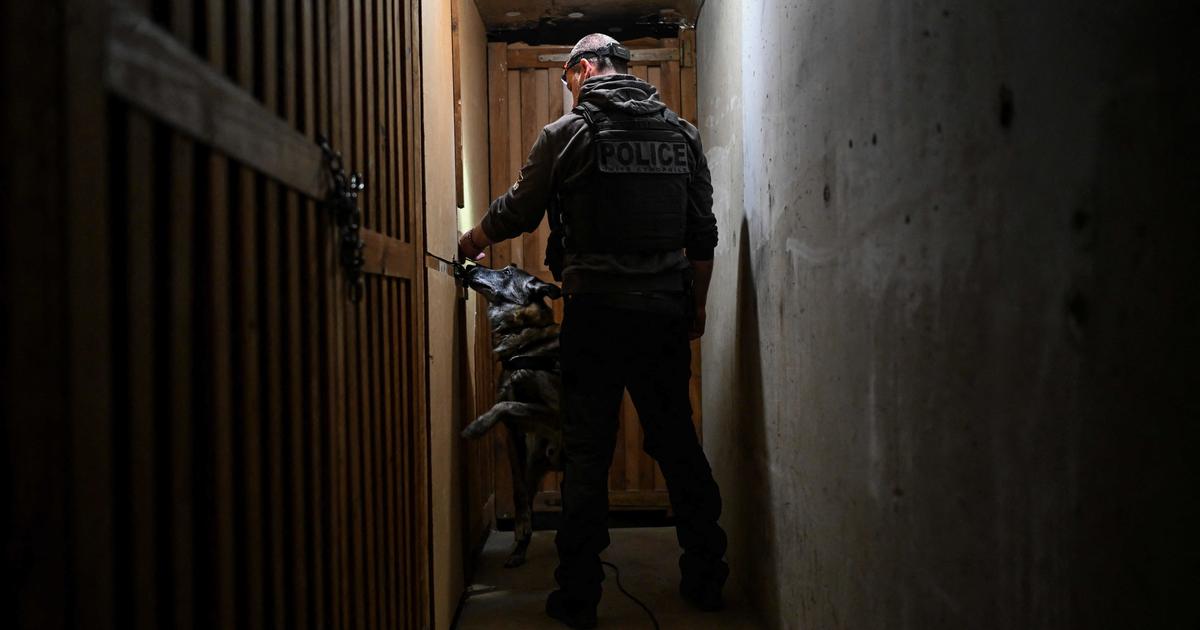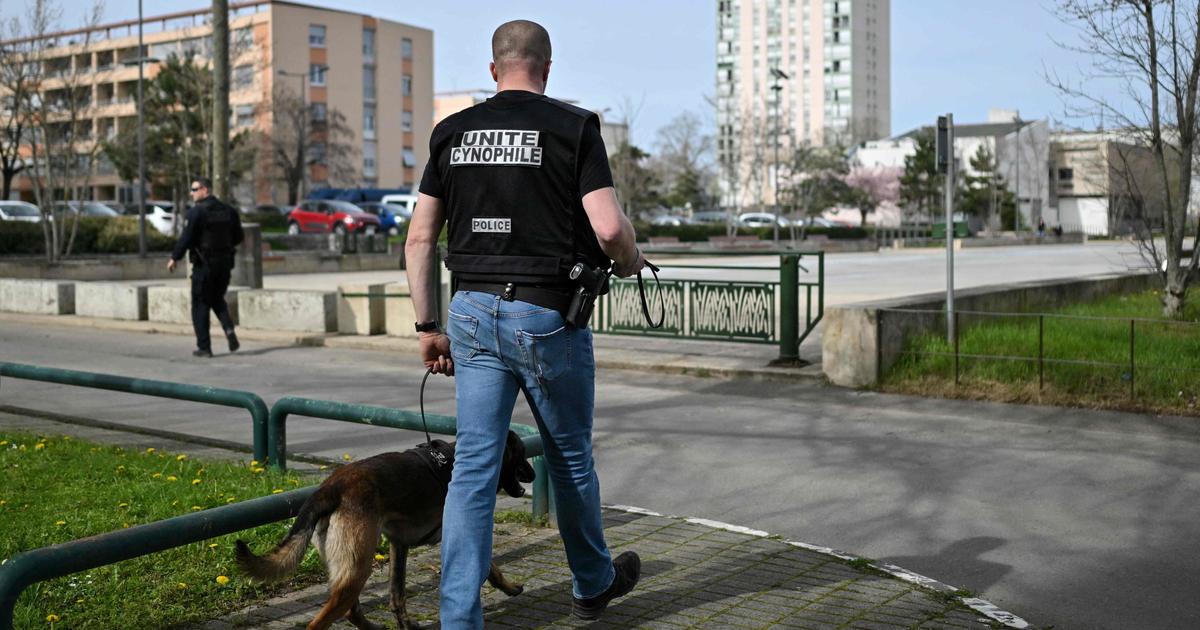- Click to share on Facebook (Opens in a new window)
- Click to share on Twitter (Opens in a new window)
- Click here to share on LinkedIn (Opens in a new window)
- Click to email a friend (Opens in a new window)
Editor's Note: John W. Dean is a CNN contributor and former White House advisor during the presidency of Richard Nixon. Follow him on Twitter at @johnwdean. The opinions expressed in this article are those of the author.
(CNN) - I'm going to tell you what it was like to be a White House informant.
In 1973, a few weeks before my testimony before the Senate Watergate Commission, its president, Sam Ervin of North Carolina, began to worry about my safety. There had been a string of death threats against me that he felt should not be ignored. The commission had thought that the Capitol police would protect me during the hearings, but Ervin didn't think it was enough.
He spoke with the recently appointed Watergate special investigator, Archibald Cox, about the situation. There was a relatively new program, authorized in 1970, to protect federal witnesses. It was run by the US Marshals Service, an agency of the Department of Justice, which responded to President Richard Nixon. Ervin and the secretary of justice, Elliot Richardson, trusted that while I was a witness against the president, the bailiffs would protect both my security and my privacy.
My wife and I agreed. I was under the protection of two bailiffs, sometimes day and night, for the next 18 months. Those bailiffs were accomplished professionals, and I am sure that their successors are too. The Marshals Service is an organization that takes great pride in its silent but effective work.
Now we have another president and another informant. President Trump says he wants to find out who the person who completed a 7-page complaint in August accusing the president of "using the power of his office to request interference from a foreign country in the 2020 US elections." But thanks to the Informant Protection Act, Trump does not have the legal right to know the name of this person.
- Trump says he wants to meet the informant: "I deserve to meet my accuser"
Secretary of Justice William Barr, who was mentioned by President Trump in the phone call and in the informant's complaint, has refused to withdraw from this case. Then his shadow plans on the Justice Department's interactions with the informant.
The Inspector General of the Intelligence Community, Michael Atkinson, investigated the complaint and found it "credible" and also of "urgent concern," a term used by the Informant Protection Act to designate a "problem, abuse, [or] serious or flagrant violation of a law or executive decree… ”When the interim national director of Intelligence requested the advice of the Barr Department of Justice on Atkinson's conclusion, the department disagreed. He decided that the Law on Protection of the Informant was not applicable and that the case should not be criminally investigated.
This is so disturbing given Barr's prominent role in those documents, that the reasoning of the Justice Department severely lays credulity.
At first glance, the actions reported by the informant and the memorandum of Trump's conversation with President of Ukraine Volodymyr Zelensky are seen as bribery, extortion and violation of campaign laws. Trump, who was withholding about $ 400 million in military assistance from Ukraine at the time of his call, asked Zelensky for a "favor": help to investigate a discredited right-wing conspiracy theory that Ukraine, not Russia, had been behind from cyberattack to the email servers of the National Democratic Committee.
Trump also wanted Zelensky to investigate whether former Vice President Joe Biden had influenced the investigation of the Ukrainian prosecutor of a company for which Biden's son, Hunter worked. There is no evidence of criminal behavior by Joe or Hunter Biden.
In fact, all of these issues have been previously investigated without producing any result of Trump's liking, so it seems that Trump wanted Ukraine to create false information. As the informant pointed out, the call to Zelensky was a clear proof of Trump's use of presidential power to gain a personal advantage. (Trump has denied all criminal conduct.)
The president of the House of Representatives Intelligence Commission, Adam Schiff, compared him with a mafia "blackmail." The Justice Department's position of "there is nothing wrong" is unsustainable. It seems that William Barr is deeply involved in trying to discredit the work of the US intelligence community; An extraordinary and unprecedented betrayal. (The spokeswoman for the Department of Justice, Kerri Kupec, said the president "has not spoken to the secretary of justice about the fact that Ukraine investigates anything related to former vice president Biden or his son.")
Given the circumstances, it is understandable that the lawyers representing the informant are concerned about the safety of their client, and that they have written a letter to the national director of interim Intelligence seeking assistance. As I understand it, there is only one federal entity capable of providing security to witnesses: the US Sheriff's Witness Security Program. However, this program is run by the Department of Justice, and Barr is unlikely to provide protection to a witness who does not, in fact, believe an informant or, rather, someone against whom Trump is already seeking get revenge.
President Schiff has publicly expressed concern about the witnesses involved in this investigation, given the implicit threat expressed by Trump that informants should be executed. Schiff should go to Deputy Secretary of Justice Jeff Rosen, who does not appear to have a conflict, to request protection from US sheriffs. for the informant, and for any other witness who is threatened.
David Gergen was right to tell CNN that, if something happens to the informant, it will be Trump's fault. Then, the Department of Justice should not alert the president, who abused his position and probably will do so again.
No press release should be published. Instead, this should be treated in a simple and silent way. It is difficult to imagine a federal witness more important than one who offers testimony in a political trial procedure. That witness must be protected.
Translation of Mariana Campos
Informant Political Judgment















